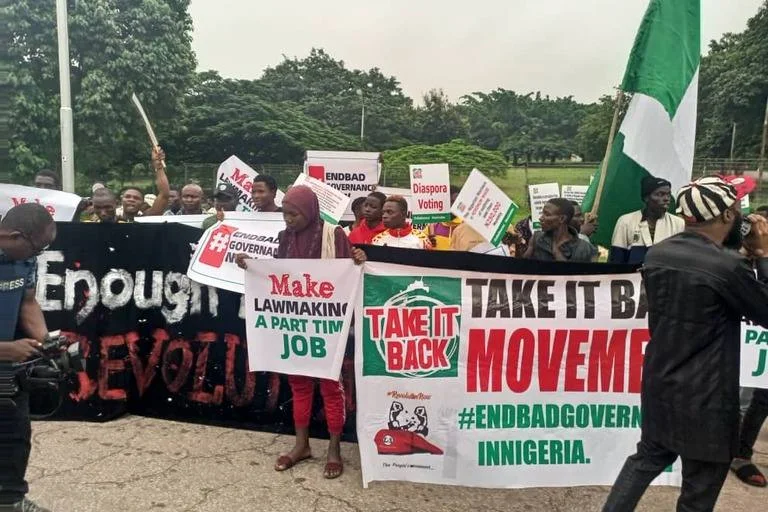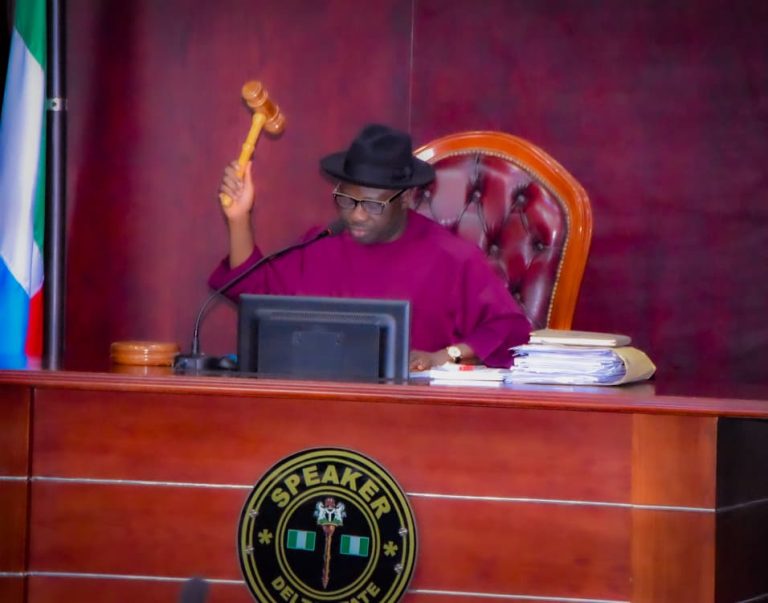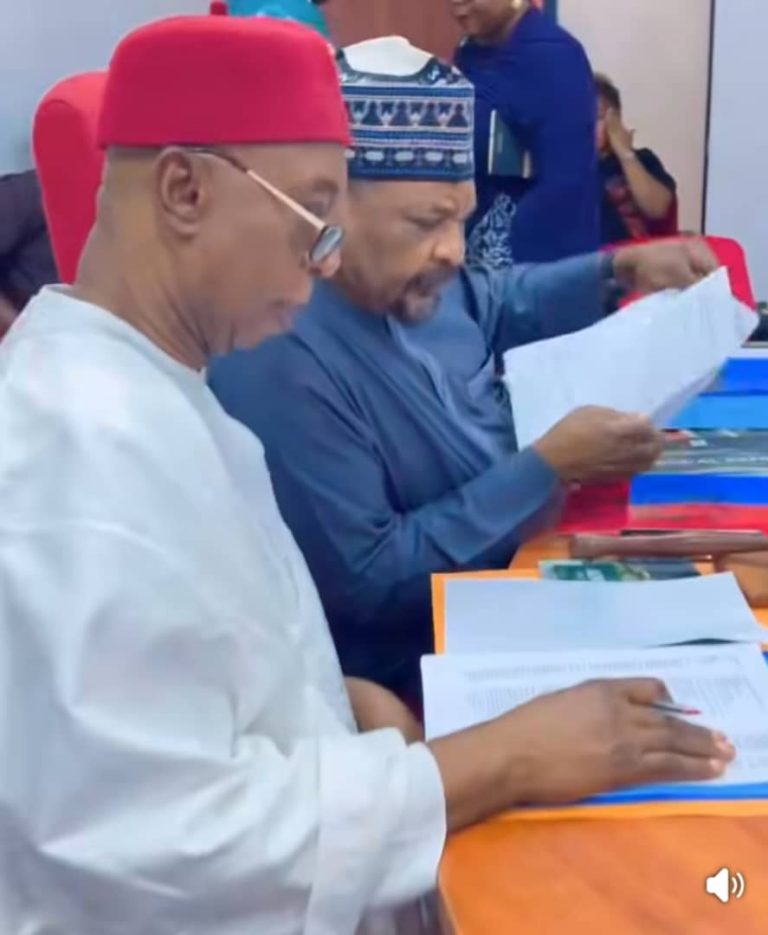
The Federal government has frozen more than $37 million worth of cryptocurrency held in wallets believed to be owned by some organisers of #EndBadGovernance protests.
Premiumtimes reports that the freezing of the wallets followed an order granted by Justice Emeka Nwite of the Federal High Court in Abuja on August 9.
The judge issued the order based on an application filed by the Economic and Financial Crimes Commission (EFCC). In the ex parte application filed on August 8 and heard by the court on the following day, the EFCC described the assets as proceeds of money laundering and terrorism financing.
There was no objection to the application during the hearing, which was proceeded like an exchange of views between the judge and EFCC’s lawyer, O.S Ujam.
“That an order of this honourable court is hereby made freezing the wallet addresses/accounts stated in the schedule below, which wallets are owned by individuals currently being investigated for offences of money laundering and terrorism financing, pending the conclusion of the investigation,” Mr Nwite ruled shortly after listening to the EFCC’s lawyer.
The wallet with the lion’s share of the assets has USDT37 million (USDT37,061,867,869.3) cryptocurrency, which equals the exact value in American US dollars.
Each of the three other wallets has USDT967, USDT90, and USDT443,512.37, respectively. The EFCC did not reveal the identities of the wallet owners in its application but the federal government however linked them to suspected organisers of the #EndBadGovernance protests.
An affidavit filed in support of the application for the court order to freeze the cryptocurrency wallets said the assets “are owned by individuals currently being investigated for offences of money laundering and terrorism financing.” The affidavit was sworn to by an EFCC official, Jimada Yusuf.
At the hearing of the application on August 9, EFCC’s lawyer, Mr Ujam, urged the judge to order the freezing of the wallets “pending the conclusion of the investigation and prosecution.”
There was no adverse parties in court to oppose the application since it was an ex-parte hearing usually conducted without the opponents in attendance.
After listening to EFCC’s lawyer on 9 July, the judge, Mr Nwite, ordered, “That the applicant’s application dated and filed on 8th day of August 2024 is granted as prayed,”
The anti-government protests against rising costs of living, economic hardship faced by millions of Nigerians and general governance issues in Nigeria were held across many parts of the country from 1 to 10 August.






